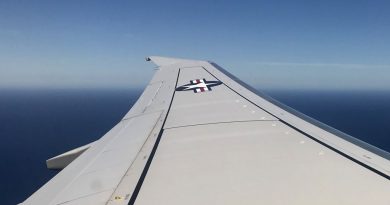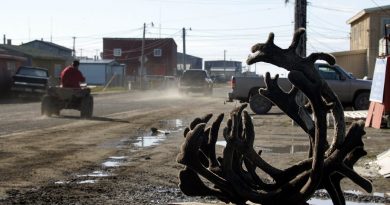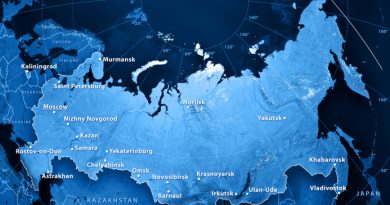Report critical of federal infrastructure spending in Northern Canada
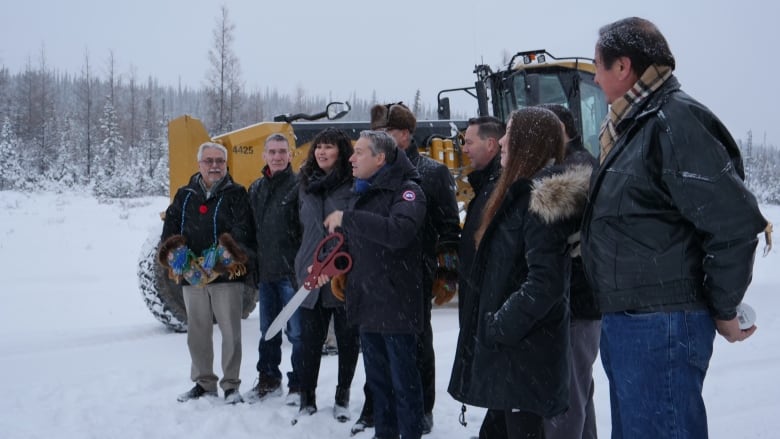
A report from the Office of the Parliamentary Budget Officer questions the value of a key federal government attempt to promote infrastructure spending in Canada, but some Northern politicians say the report doesn’t tell the full story.
The report, released April 9, looked at the Investing in Canada Program. It’s the Liberals $186-billion spending plan to improve Canada’s roads, bridges and water systems over the next decade.
It suggests the program did not actually lead to an increase in infrastructure spending in Canada’s North. Instead, after the program began both the Northwest Territories and Nunavut revised their budgets to spend less on infrastructure, the report states.
In the Yukon, net capital spending went down by $34 million between 2015-16 and 2017-18, the report also found.
A parallel report for the program’s effect on the provinces had similar findings.
Using projections, the report suggests that while collective capital spending between the three territories did increase in that time, capital spending was $111 million lower in 2016-17 and 2017-18 than it would have been without the program.
The territorial governments did contribute to joint projects with the federal government — but that “at the same time as they were matching the federal funding they also reduced other spending,” explained Yves Giroux, the parliamentary budget officer.
If the federal government’s goal was getting territories to spend more on infrastructure, he said, there should have been more stringent conditions and benchmarks for territorial governments around their capital spending.
“The stimulative impact should have been better included in the agreements,” he said, adding the federal Infrastructure Department “did not measure the impact pre- and post-Investing in Canada plan … that’s one of the main drawbacks of the program as it is structured.”
Report is an ‘accounting exercise’, minister says
Infrastructure Canada did not respond to an email asking if it had changed its practices accordingly.
Instead, a spokesperson for Infrastructure Minister François-Philippe Champagne responded by email, saying the budget office report is an “accounting exercise” that “lags the progress of actual construction activity, often by years, until receipts are paid.”
Some Northern politicians say the report doesn’t tell the whole story of infrastructure spending in the North.
Larry Bagnell, the Liberal MP for the Yukon, says if his territory is spending less in recent years it could be because it’s taking more time to partner with Indigenous governments.
“We want everyone to benefit, First Nations and everyone else,” he said. “It takes longer to start out those types of agreements.”
Contacted on April 11, Lorne Kusugak, Nunavut’s government and community services minister, said he was unavailable for an interview that week due to travel. He has yet to respond to another interview request.
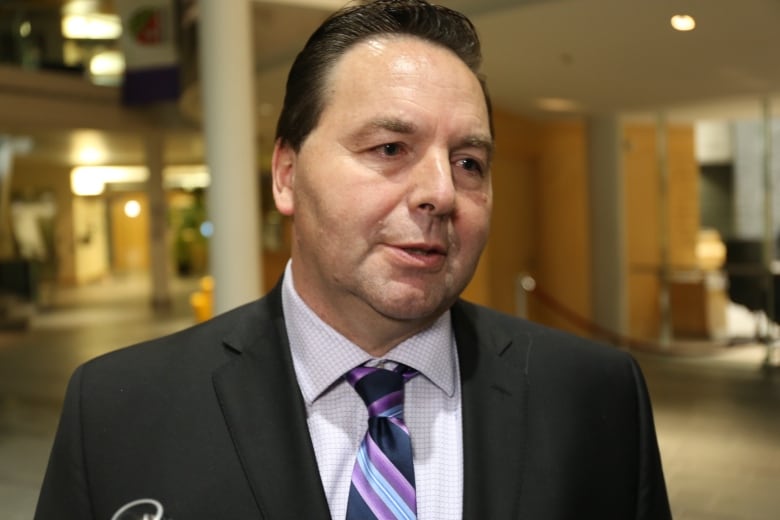
N.W.T. Infrastructure Minister Wally Schumann said he too doesn’t believe the report accurately reflects infrastructure spending in the territory.
Schumann says the federal government has been getting money through other programs where Ottawa and the N.W.T. both spend money on projects.
MLA Kieron Testart, who represents the Yellowknife riding of Kam Lake says there could be other reasons for the spending revisions.
In 2018, the N.W.T. government received fewer corporate and personal taxes than it had budgeted for. The territorial government has a self-imposed fiscal responsibility policy that prevents it from taking on certain investments without a cash surplus, he said.
“We’ve had less revenues to invest in infrastructure — we’ve had to rebalance our spending priorities,” he said.
Related stories from around the North:
Canada: Boost in federal infrastructure fund ‘huge’ for Canada’s northern municipalities, CBC News
Finland: Railway linking Barents Sea coast to Arctic Finland not commercially viable, report says, The Independent Barents Observer
Russia: Northern Sea Route needs €143 billion in private funds to meet shipping goals: report, The Independent Barents Observer

